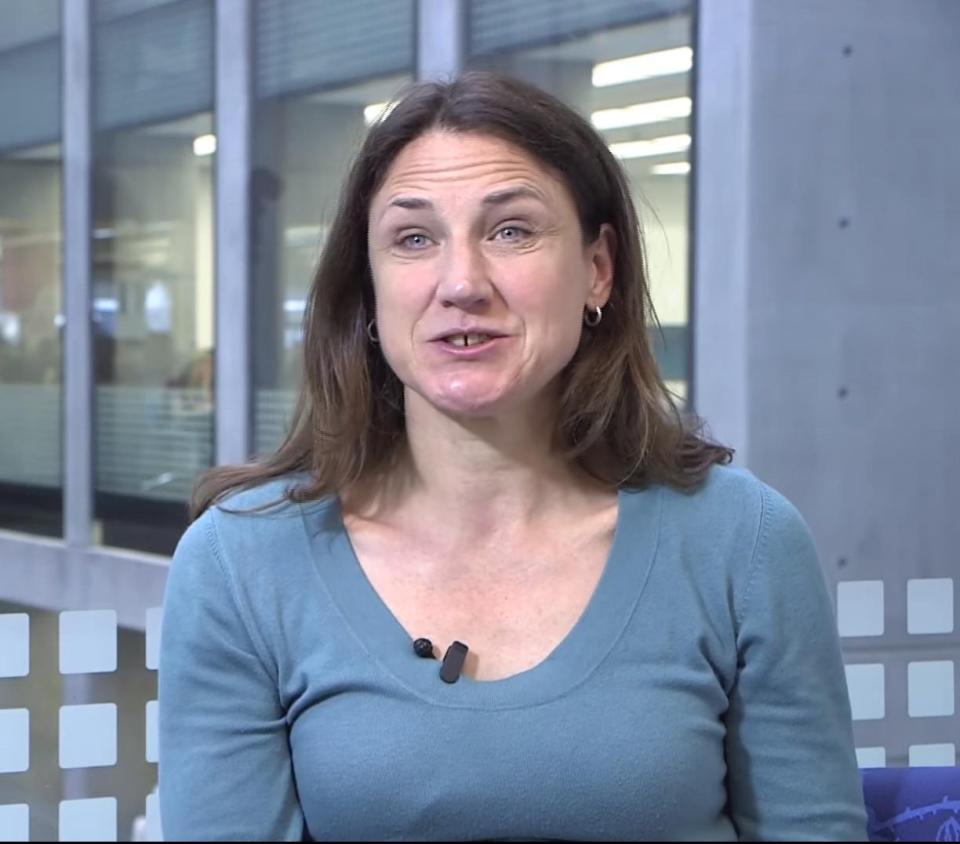Cutting smoking could save the NHS £67million a year (that’s 35,000 fewer cancer cases in two decades)
Smoker numbers have already fallen from 20.1 per cent in 2010 to 17.2 per cent in 2015

NEARLY 100,000 cases of cancer, heart disease and strokes could be avoided over the next 20 years if smoking rates fell to five per cent, says research.
Each year the NHS would save £67million and the wider economy £548million, the study commissioned by Cancer Research UK found.
Smoker numbers fell from 20.1 per cent in 2010 to 17.2 per cent in 2015. If trends continue, ten per cent of people will spark up in 2035.
But Cancer Research UK argues that the UK should set an “ambitious” target to be “smoke-free” - with less than 5% of the population smoking - by 2035.
There could also be 97,300 fewer new cases of smoking-related disease over 20 years, including 35,900 tobacco-related cancers, 29,000 cases of chronic obstructive pulmonary disease (COPD), 24,900 strokes and 7,600 cases of heart disease.
MOST READ IN HEALTH
Alison Cox, Cancer Research UK’s director of cancer prevention, said: “Bold and ambitious targets are needed to save the thousands of lives and millions of pounds of NHS money lost to tobacco.
“We want the next Government to share our ambition for the next generation of children to grow up ‘tobacco-free’. This target should be at the heart of a new strategy to tackle smoking.
Professor Paul Lincoln, chief executive of the UK Health Forum, which conducted the study, said: “This study highlights the huge burden that smoking places on our society, particularly on the poorest and least advantaged groups.
“Unless we reduce the demand on the NHS from preventable causes of disease like smoking, it will be difficult to continue to provide sustainable healthcare for everyone who needs it."














